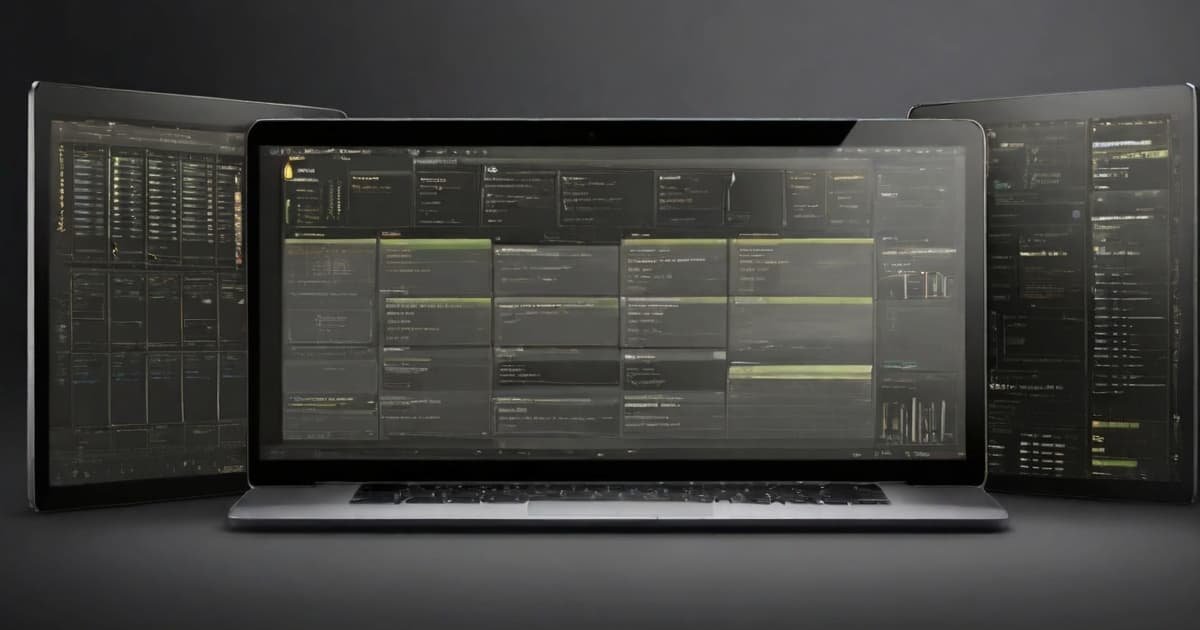
Boilerplates drastically accelerate development and reduce costs and risks associated with an SaaS business.
Here are a few key reasons why using boilerplates can be beneficial for starting a SaaS business:
- Speed to Market – Boilerplates provide a fully functional starting codebase so you can launch an initial product much faster than building from scratch. This lets you validate your idea sooner.
- Lower Development Costs – You avoid spending thousands of dollars hiring developers to build everything. Boilerplates are free to use which lowers the barrier to entry.
- Focus on Core Product – Rather than spending months coding basic features, you can focus on building out your unique value proposition and differentiators.
- Reduced Technical Risk – Boilerplates handle a lot of the heavy lifting like user auth, payment processing, admin interfaces etc. so you don’t have to worry about implementing those yourself.
- Leverage Existing Code – Boilerplate code is usually well-tested and optimized already. You benefit from fixes and improvements made by others.
- Customizable – While providing a head start, boilerplates are designed to be customized so you aren’t locked into a specific solution or workflow.
- Open Source – Using open source code gives flexibility to modify anything without vendor lock-in concerns.
- Scalable Foundation – As your business grows, you have an extensible base to build upon rather than rewriting from the ground up.
Saasboilerplates.com is a website that provides free and open source code templates for building SaaS (Software as a Service) applications. Here are a few key things to know about how it can help you build your business:
- Templates – They have templates for common SaaS app types like helpdesk software, billing/invoicing, CRM, project management, and more. The templates include full codebases to get started quickly.
- Open Source – All the templates are open source meaning you can freely use, modify, and distribute the code however you want. This lowers the barrier to getting your app off the ground.
- Customizable – The templates are meant to be customized to your specific business needs. You would modify things like branding, functionality, databases, etc. to match your vision.
- Saves Time/Money – By using a template you avoid spending months building from scratch. This lets you validate your idea faster and start generating revenue sooner without huge upfront costs.
- Built-In Features – Common features like user authentication, payment processing, admin dashboards are already included so you can focus on your unique value proposition.
To utilize them, I’d recommend browsing the templates, selecting one that best matches your app idea, then downloading, customizing and deploying it. Use the working code as a foundation to add your differentiators and continuously improve based on customer feedback. Over time you can replace template code with your own as needed.
Related content:
Here are some of the main types of SaaS boilerplates available on saasboilerplates.com:
- CRM (Customer Relationship Management) – Templates for basic CRM functionality like managing contacts, deals, tasks, etc.
- Helpdesk/Support Ticket System – Boilerplates for simple helpdesk/support ticket apps to manage customer support requests.
- Invoicing/Billing – Templates for creating and managing invoices, recurring billing, payment processing, etc.
- Project Management – Templates focused on project tasks, collaboration, time tracking for basic PM systems.
- File Sharing/Storage – Boilerplates for building file hosting and sharing apps with storage limits, permissions, etc.
- E-Commerce – Templates include shopping carts, product catalogs, orders for basic e-commerce stores.
- HR/Talent Management – Templates aimed at common HR functions like time off requests, expenses, performance reviews.
- Surveys/Forms – Templates provide a starting point for building online surveys, quizzes and form collection apps.
- Note Taking/Task Manager – Templates for note taking, to-do lists, tasks and reminders apps.
- Analytics/Dashboard – Templates include basic analytics dashboards, reports and data visualization pages.
So in summary, there are templates targeting common verticals like CRM, helpdesk, billing as well as general purpose app types.